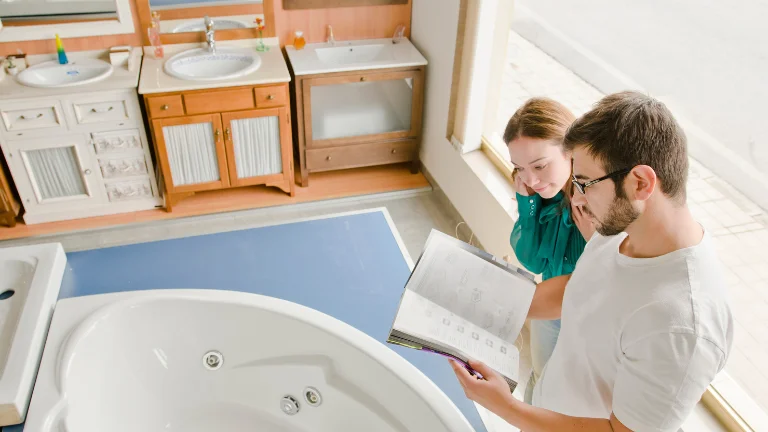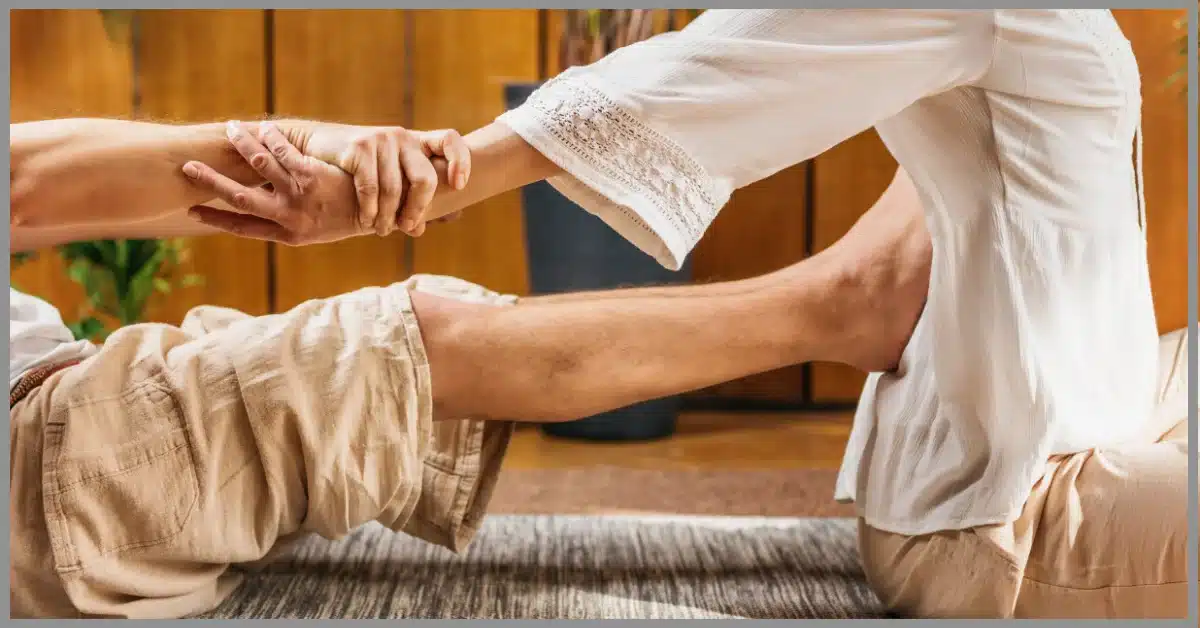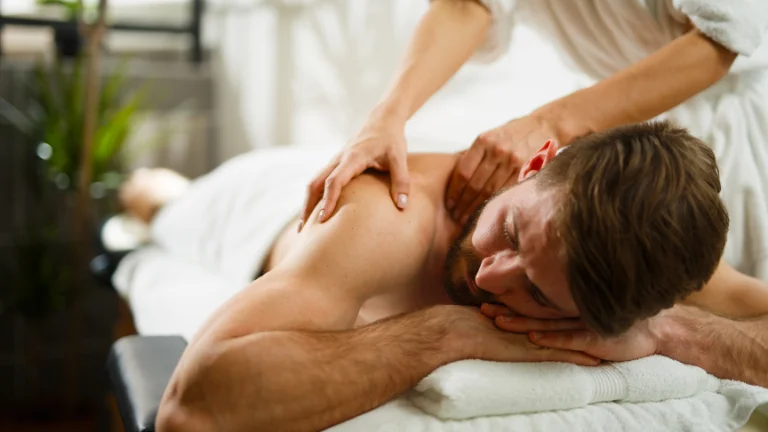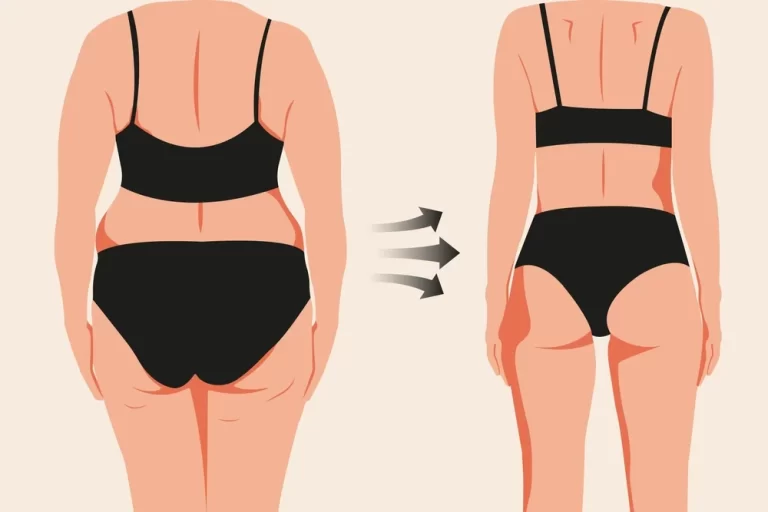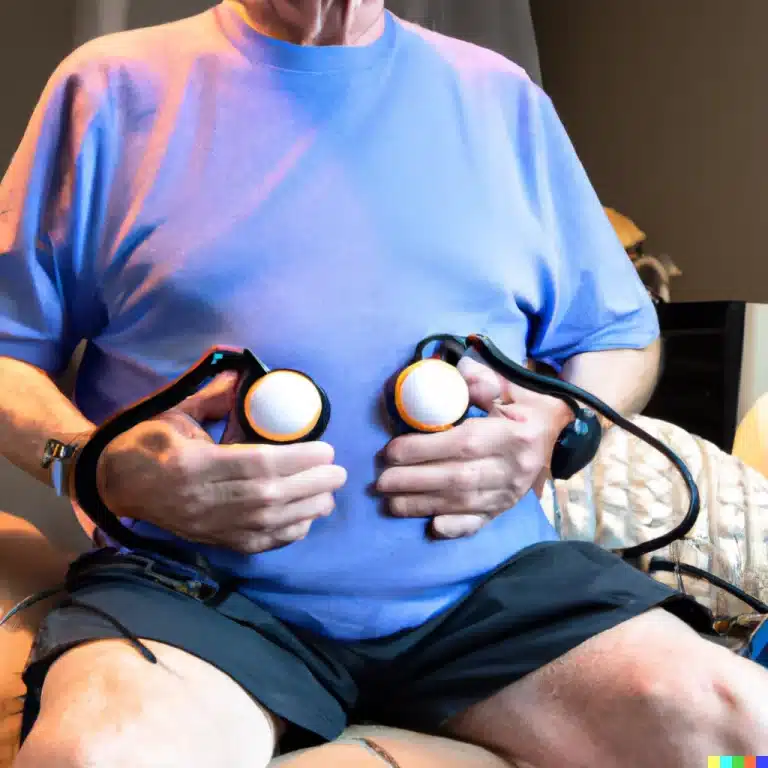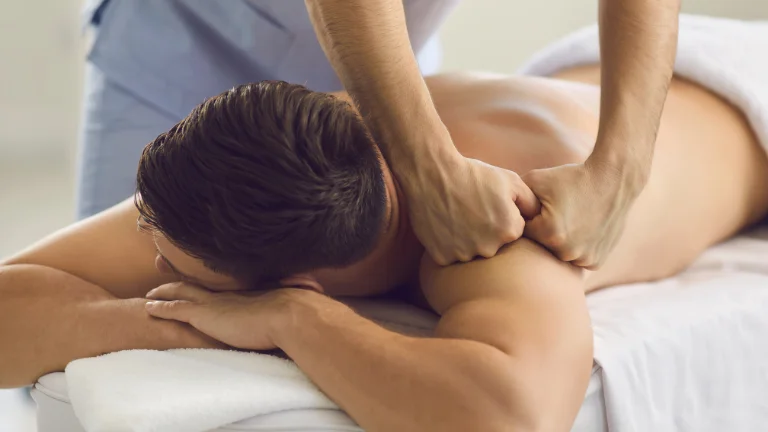How to Incorporate Thai Massage into Your Wellness Routine
Discover how to unlock the benefits of Thai Massage and make it a part of your wellness routine. Learn how to incorporate this ancient form of healing into your life today!
Incorporate Thai Massage into Your Wellness Routine
Have you ever heard of Thai massage? It’s a form of bodywork that can help you feel relaxed and rejuvenated. In this blog post, I will explain Thai massage’s benefits and how you can incorporate it into your wellness routine.
What is Thai Massage?
Thai massage is a traditional healing system that originated in Thailand. It involves deep tissue massage, acupressure, and assisted stretching. During a Thai massage, the therapist uses their hands, elbows, knees, and feet to apply pressure to specific points on the body.
Thai massage differs from other types of massage because it is done on a mat on the floor rather than a massage table.
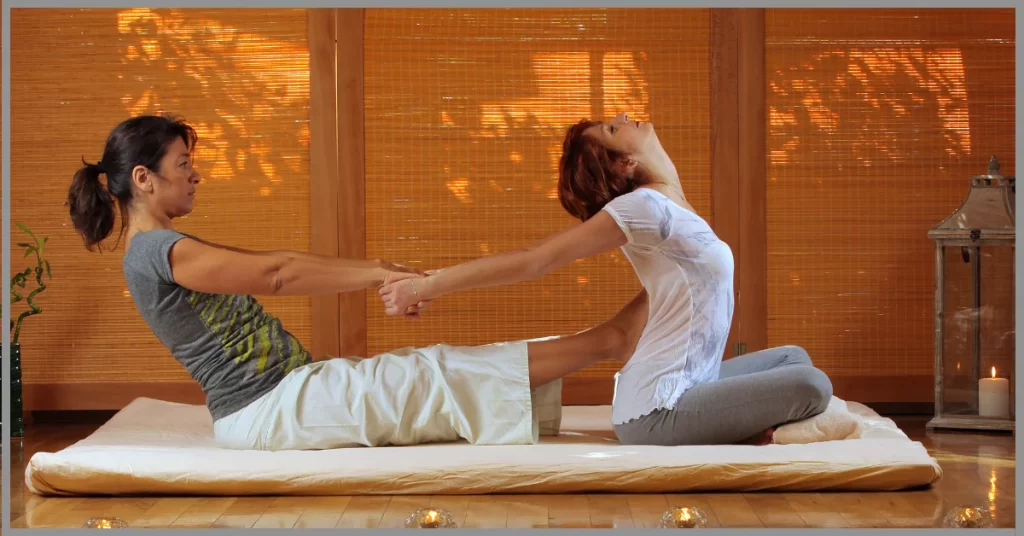
Benefits of Thai Massage
Thai massage has many benefits for both the body and mind. Here are some of the most important ones:
Reduces Stress and Anxiety
Thai massage can help reduce stress and anxiety by promoting relaxation and improving mood. The deep pressure and stretching techniques in Thai massage can also help release muscle tension.
Improves Blood Circulation
Thai massage can improve blood circulation by increasing the flow of oxygen and nutrients to the muscles. This can help reduce muscle pain and soreness and promote healing.
Boosts Immune System
Thai massage can help boost the immune system by stimulating the lymphatic system. This can help remove toxins from the body and improve overall health.
Increases Flexibility
Thai massage can help increase flexibility by stretching the muscles and improving the range of motion. This can help prevent injury and improve athletic performance.
Relieves Headaches
Thai massage can help relieve headaches by reducing neck, shoulder, and head tension. It can also help improve blood flow to the brain, lowering headaches’ frequency and severity.
Preparing for Your Thai Massage
Before you go for your Thai massage, there are a few things you should do to prepare:
Wear Comfortable Clothing
You’ll be lying on a mat on the floor during your Thai massage, so you must wear loose, comfortable clothing that allows you to move freely.
Communicate with Your Therapist
Let your therapist know if you have any injuries, health conditions, or concerns. Your therapist will tailor the massage to your needs. Avoid Alcohol and Caffeine For at least 24 hours before your Thai massage, avoid alcohol, caffeine, and heavy meals.
Avoid Eating a Heavy Meal Before
It’s best to avoid eating a heavy meal before your Thai massage. If you’re hungry, have a light snack or dinner a few hours before. Preparing for Your Thai Massage
Your Thai massage therapist will ask you to: Wear comfortable, loose clothing. Remove all jewelry and ornaments. Wear clean, non-restrictive clothes.
To protect yourself and make an informed decision, it’s essential to consider certain factors before visiting a massage parlor.
What to Expect During Your Thai Massage
During your Thai massage, you can expect the therapist to use a variety of techniques, including:
Traditional Thai Massage Techniques
The therapist will use their hands, elbows, knees, and feet to apply pressure to specific points on your body. They may also use stretching techniques to help improve flexibility and range of motion.
Use of Heat and Herbal Remedies
Sometimes, the therapist may use heat or herbal remedies during your massage. This can help promote relaxation and healing.
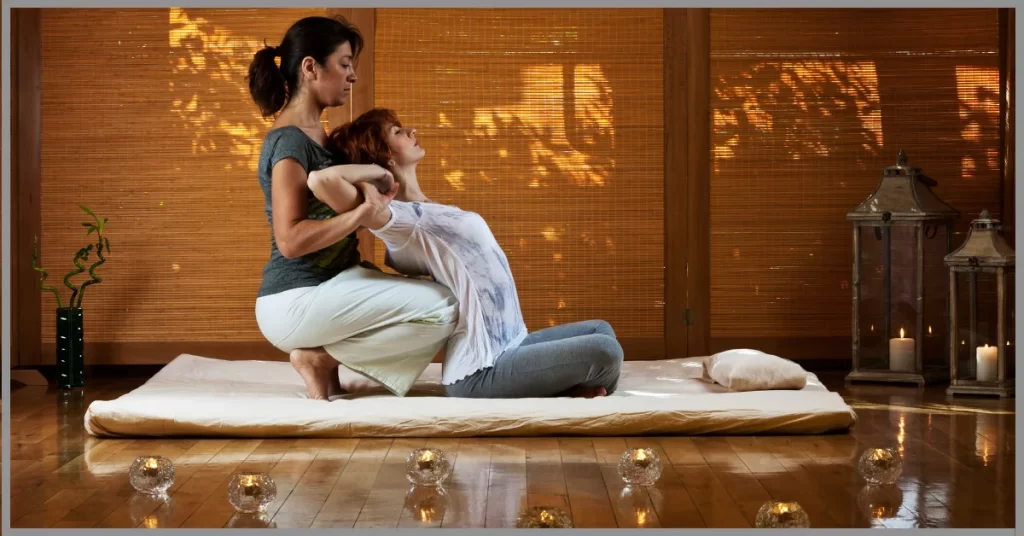
After Your Thai Massage
After your Thai massage, taking care of yourself is essential to maximize the benefits of the massage. Here are some tips:
Drink Plenty of Water
Drinking plenty of water can help flush toxins and prevent dehydration.
Rest and Relax
Take some time to rest and relax after your massage. Avoid strenuous activity for a few hours and give your body time to recover.
Take a Warm Shower or Bath
A warm shower or bath can help promote relaxation and soothe sore muscles.
Incorporate Thai Massage into Your Wellness Routine
If you’re interested in incorporating Thai massage into your wellness routine, here are some tips:
Frequency of Massages
The frequency of your massages will depend on your individual needs and goals. Some people find getting a Thai massage once a week helpful, while others may only need one every few weeks.
Finding a Qualified Thai Massage Therapist
Finding a qualified Thai massage therapist with proper training and certification is essential. You can search online or ask for recommendations from friends or family.
Combining Thai Massage with Other Wellness Practices
Thai massage can be combined with other wellness practices, such as yoga, meditation, or acupuncture to enhance the benefits.
Common Misconceptions about Thai Massage
There are some common misconceptions about Thai massage. Here are a few:
Thai massage is painful.
While Thai massage can be intense, it should not be painful. You should communicate with your therapist if you are experiencing discomfort.
Thai massage is only for athletes.
Thai massage can benefit anyone, regardless of their fitness level or athletic ability.
Thai massage is the same as other types of massage.
Thai massage differs from other types because it involves stretching and deep pressure on specific body points.
Conclusion
Thai massage is a unique and beneficial form of bodywork that can help improve both physical and mental health. By incorporating Thai massage into your wellness routine, you can experience its many benefits.
To access additional articles related to Hot Tub Patio or to read more posts related to this topic, please visit the Massages category.
FAQs:
Q. Is Thai massage safe?
Yes, Thai massage is generally safe when performed by a qualified and certified therapist.
Q. How long does a Thai massage typically last?
Thai massages typically last between 60-90 minutes.
Q. Do I need to undress for a Thai massage?
No, you will remain fully clothed during a Thai massage.
Q. My health insurance cover will a Thai massage?
It depends on your insurance plan. Check with your provider to see if Thai massage is covered.
Q. Can I receive a Thai massage if I have a health condition?
It depends on your health condition. Consult with your doctor or a qualified Thai massage therapist to determine if it is safe for you to receive a massage.

